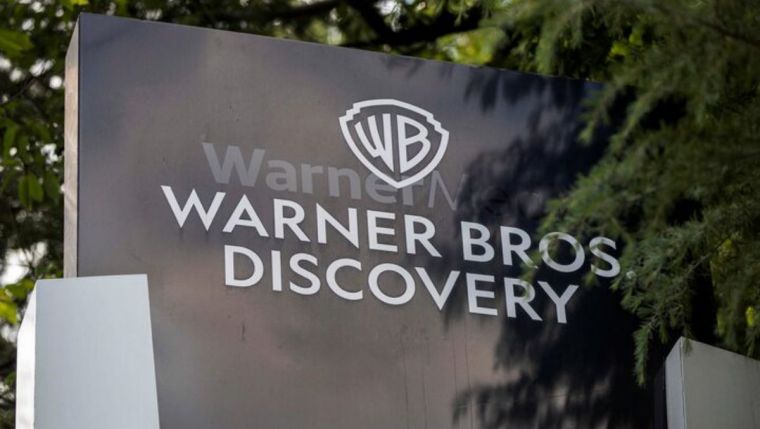Three major nations are expected to gain from US President Donald Trump’s decision to amend the H-1B visa restrictions and impose a sweeping $100,000 fee, with Canada being the main beneficiary. It’s interesting to note that experts say China and India are the two other nations that stand to gain from Trump’s choice.
According to Fortune, the enormous $100,000 application fees for the new H-1B applications will bring more tech employment to Canada and may also benefit China and India by encouraging their highly qualified professionals to stay or return home instead of working in the US after graduation. Eighty-five percent of H-1B visa beneficiaries are Chinese or Indian, according to a Pew Research analysis.
In a since-deleted X post, Garry Tan, CEO of well-known San Francisco startup accelerator Y Combinator, stated that “cities like Vancouver or Toronto will thrive instead of American cities.” Dave McKay, CEO of the Royal Bank of Canada, also thinks that Trump’s H1-B rule will help Canada keep students in its colleges instead of sending them to Silicon Valley.
According to the new regulations, if annual petitions above the 85,000 quota, the visa will only be granted to firms who pay high wages. Trump’s policies follow accusations that the visa program was being utilised to hire talented workers at lower costs while ignoring American talent.
Why Canada
The nation in North America has a relatively stable and business-friendly strategy. After New York and Silicon Valley, Toronto is the third-largest tech cluster in North America. Alberta’s Edmonton and Montreal have become important centres for artificial intelligence.
In addition to government incentives, Canada benefits from a cheap Canadian dollar and a lax immigration policy. Because Canada is close to US cities, many US tech companies have set up satellite offices there.
Case in point: Microsoft constructing a software development centre in Vancouver in 2007 and 2014 owing to issues with H1-B.
The talent pool of India
With just over 5,500 granted petitions, Indian software giant Tata Consultancy Services (TCS) was the second-largest beneficiary of H1-B visas behind Amazon. The proposal might have an unanticipated benefit for India, according to Madhavi Arora, chief economist at Emkay Global Financial Services, who thinks it would encourage talent to return home. She thinks that by concentrating top talent in India’s biggest tech companies, this might help India become a more potent worldwide centre for innovation and delivery.




































